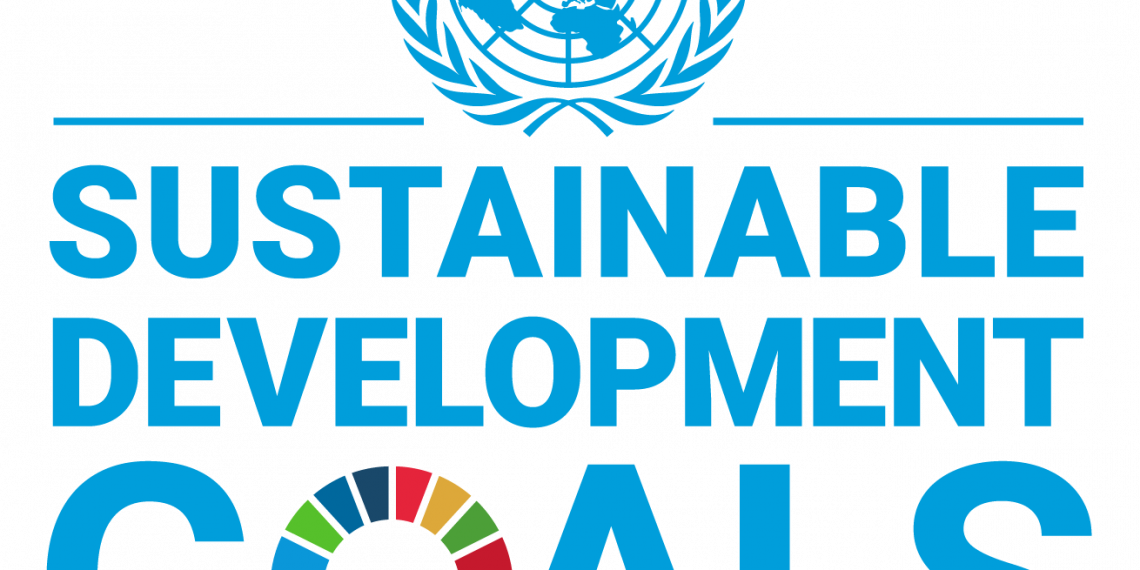Santiago, 24 January 2023 – Although international migration is a priority issue for many countries, there are still significant gaps in our knowledge of the challenges migrants face and the contributions they make to communities of origin, transit and destination.
The third International Forum on Migration Statistics will gather experts from a range of disciplines in Santiago, Chile, from 24 to 26 January 2023 to exchange good practices in collecting and disseminating migration-related data and to discuss practical steps to address existing data gaps. The Forum will showcase promising new ways of collecting data on migration (e.g. through “big data”). It will also promote the use of data that has already been collected (e.g. through administrative sources) and discuss new data collection initiatives.
The Forum provides an opportunity for United Nations Member States and other stakeholders to strengthen the evidence-base needed for successful implementation of the Global Compact for Safe, Orderly and Regular Migration and for monitoring the achievement of the migration-related targets of the Sustainable Development Goals.
Organized by the United Nations Department of Economic and Social Affairs (DESA), the Organization for Economic Cooperation and Development (OECD) and the International Organization for Migration (IOM), the third IFMS builds upon its previous editions to address the critical need to improve the collection, quality, availability and use of migration data. A key objective is to counter disinformation, misconceptions and xenophobic rhetoric about migrants and migration, which can poison policy discussions and public discourse.
Calls for improved migration statistics have gained strength in recent years. “Data helps us understand almost all aspects of our societies, from employment to education. However, migration data is not yet as abundant or refined as it is for other issues of global interest,” said Mr. António Vitorino, Director-General of the International Organization for Migration. “IOM is proud to join the third IFMS in Chile to share insights from across our Organization, including our flagship Global Data Institute, to discuss the power of data to enhance safe, orderly, and regular migration.”
The IFMS will enable participants to share good practices for the production and use of relevant, high-quality migration data, and to increase familiarity with international statistical standards. The Forum will bring together a network of users and producers of migration statistics and contribute to improving migration data beyond the three days of the meeting.
“Without data, migrants are invisible to policy makers. We need sound data to identify not only the challenges and vulnerabilities that migrants face but also their contributions to countries of origin, transit and destination”, said the Director of the Population Division of the UN Department of Economic and Social Affairs, Mr. John Wilmoth. “We need disaggregated data to tailor policies to the different realities of migration, including for migrants in transit, refugees and asylum seekers, and other migrants who find themselves in vulnerable situations”, he added.
“Migration is an integral part of the social and economic lives of our countries. We need to strive to monitor all aspects of migration and to design better evidence-based policies that make the most of migration for countries of origin and destination and for the migrants themselves”, said Mr. Stefano Scarpetta, Director of the Employment, Labour and Social Affairs Directorate of OECD.
Organized in 6 plenary and 24 parallel sessions, the IFMS is a multistakeholder event addressing six priority themes including the monitoring of global agreements, impacts of the COVID-19 pandemic and other overlapping crises on migration data, and new approaches and methodologies.
The Forum is hosted by the United Nations Economic Commission for Latin America and the Caribbean (ECLAC) in Santiago, Chile, as an in-person and hybrid event. The opening, closing, plenary and selected parallel sessions will be broadcast on the IFMS website.
More information on the IFMS 2023, including the programme:
https://unstats.un.org/unsd/demographic-social/migrationstat-forum-2023/index.html
Media contacts:
Renata Preturlan, UN Department of Economic and Social Affairs, renata.preturlan@un.org
Secretariat of the IFMS, ifms2023@un.org
ECLAC press unit, prensa@cepal.org.



